Galvanized Steel Pipe vs Black Steel Pipe: Which is Better for Your Project?
The main use of galvanized pipe is to carry water to homes and commercial buildings. Zinc also prevents the buildup of mineral deposits that can clog water pipes. Galvanized pipe is often used as scaffolding frames because of its resistance to corrosion.
Black steel pipe is different from galvanized pipe because it has no coating. The dark color comes from the iron oxide that forms on its surface during the manufacturing process. The main use of black steel pipe is to carry propane or natural gas to homes and commercial buildings. This pipe is manufactured without seams, making it a better pipe for carrying gas. Black steel pipe is also used in fire sprinkler systems because it is more fire-resistant than galvanized pipe.
The main difference between black steel pipes and galvanized steel pipes
1. Both black pipes and galvanized pipes are made of steel.
2. Galvanized pipes have a zinc layer, while black pipes do not
3. Black pipes are more suitable for transporting gas because they are prone to corrosion. On the other hand, galvanized pipes are great for transporting water, but not for transporting gas
4. Galvanized pipes are more expensive because of the zinc coating
5. Galvanized pipes are more durable
Differences in specific applications
When choosing pipes, it is important to understand the differences between black steel pipes and galvanized steel pipes in practical applications. Black steel pipes are more suitable for transporting natural gas and propane due to their seamless structure, which reduces the risk of leaks. In addition, black steel pipes have also proven their fire resistance in high-temperature environments through their use in fire sprinkler systems.
In contrast, the main advantage of galvanized steel pipes is their corrosion resistance. The zinc coating not only prolongs the service life of the steel pipe, but also prevents the deposition of minerals inside the water pipe, making galvanized steel pipes ideal for transporting water. In addition to this, galvanized steel pipes are widely used in scaffolding construction sites because of their excellent rust resistance.
Potential problems and maintenance
Despite the many advantages of galvanized steel pipes, the zinc layer may flake off over time, especially in high-pressure environments. This flake off can not only cause blockages inside the pipe, but can also cause the pipe to burst. Therefore, galvanized steel pipes are not suitable for conveying gas, because the flow of gas may accelerate the peeling of the zinc layer and increase the danger.
On the other hand, although black steel pipes perform well in conveying gas, they have poor corrosion resistance. In a humid environment, black steel pipes are prone to rust, and minerals in the water may also accumulate in the pipes, affecting their long-term use effect. Therefore, black steel pipes should be selected carefully when conveying water, and additional anti-corrosion measures should be taken.
How to distinguish black steel pipes from galvanized steel pipes?
Color distinction: Black steel pipes present a flat black color, while galvanized steel pipes have a silver-gray luster, and the former is darker.
Application distinction: Galvanized steel pipes are often used to convey water, while black steel pipes are mainly used to convey gas.
Installation time: If the pipeline was installed after the 1950s, it is usually black steel pipes because black steel pipes were used later.
Conclusion
When choosing the right pipe material, it is crucial to understand the difference between galvanized steel pipes and black steel pipes. Black steel pipe is more suitable for transporting gas due to its structural advantages, while galvanized steel pipe is more suitable for transporting water due to its corrosion resistance. The correct selection of pipe materials for a specific application can not only improve the efficiency of the system, but also extend the service life of the pipe and reduce maintenance costs.








 English
English Español
Español بالعربية
بالعربية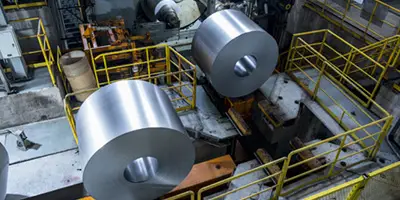
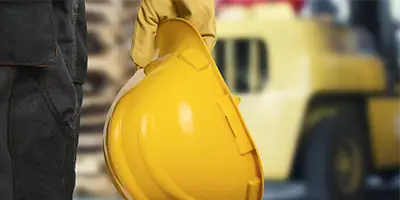
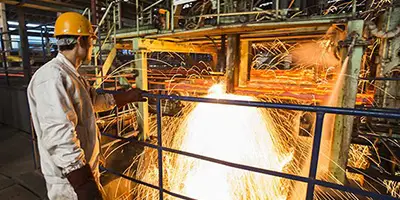
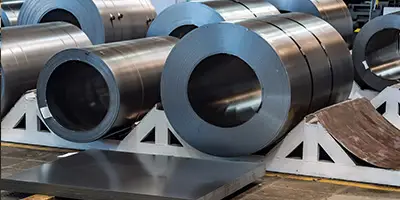

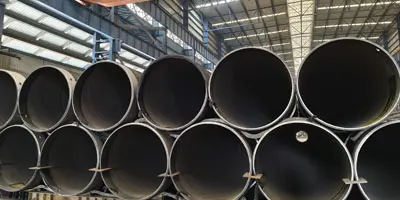
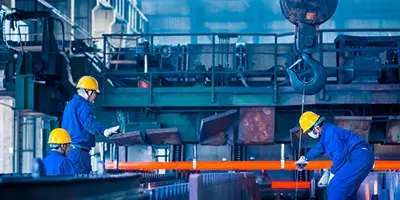
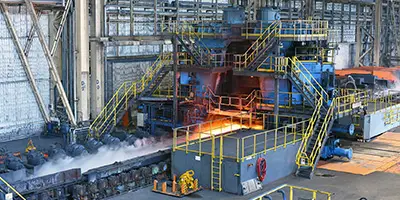
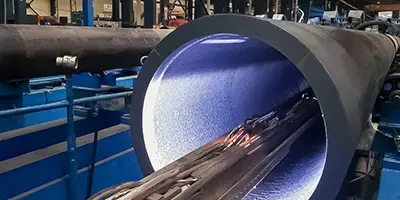
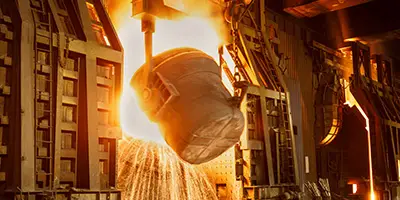
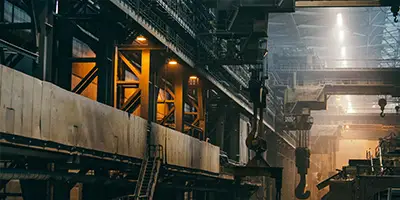
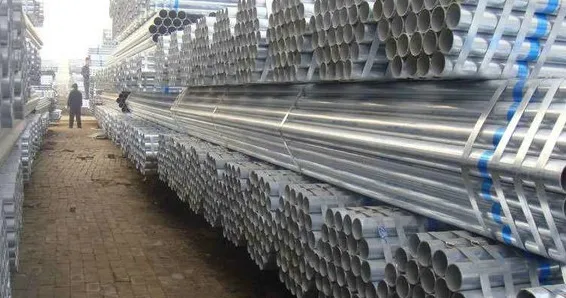
 Phone :
Phone :  Whatsapp :
Whatsapp :  Email :
Email : 


